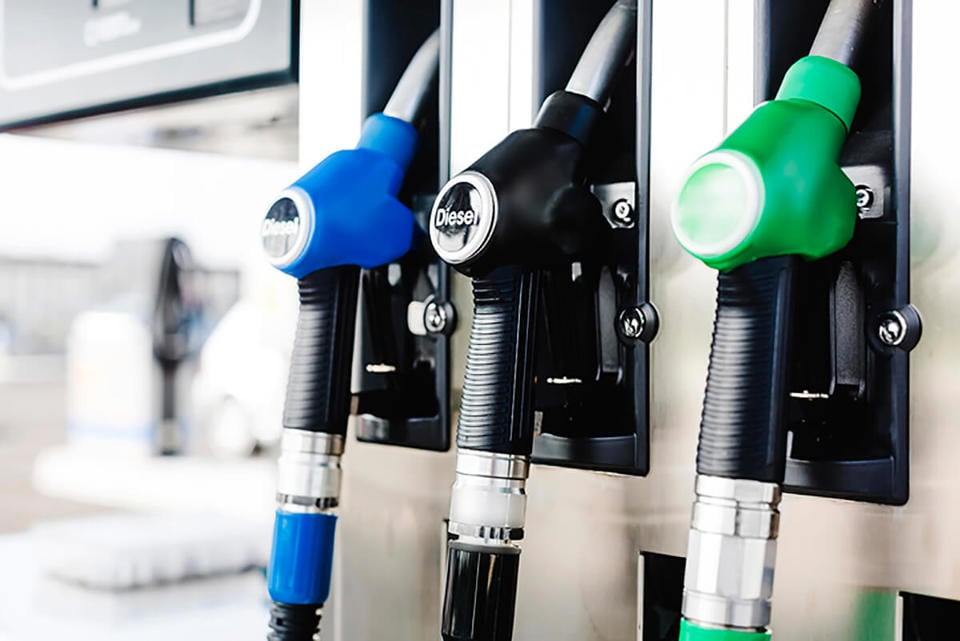Fleets are again being short-changed at the pumps because a fall in the wholesale price of fuel is not being passed on to drivers.
The wholesale price of diesel fell from around 56p per litre in early October to around 52p at the start of November – equivalent with VAT to a 5ppl drop at the pumps.
However, with changes in wholesale prices typically taking 10-14 days to be reflected on the forecourt, the average price of diesel has fallen only by 1.85ppl between mid-October and mid-November.
The figures come in the wake of a House of Commons debate on the planned 3ppl increase on fuel in January.
Labour argued that the increase should be put on hold until April and the £350 million cost of the freeze could be paid for by closing tax loopholes.
The Government won the vote, but the suggestion is it headed off any possible Tory rebellion with the promise that the fuel duty rise will be axed when the chancellor delivers his Autumn Statement on December 5.
Conservative MP for Harlow and Fair Fuel UK campaigner Robert Halfon was one of those backbenchers persuaded to vote with the Government.
He said: “I have had discussions with various people and it is my view that the Government is in strong listening mode.”
The issue has its roots in the 2009 Labour Budget when Alastair Darling introduced a fuel duty escalator, which would see fuel duty increase by inflation plus a penny every April from 2010 to 2013.
George Osborne abolished the escalator in his 2011 Budget and instead announced he was cutting fuel duty by 1ppl.
The escalator was replaced by a ‘fair fuel stabiliser’ from January 2012 onwards, whereby the duty rises by inflation plus 1p when oil prices are low for a sustained period, but only by inflation when they are high.




















Login to comment
Comments
No comments have been made yet.